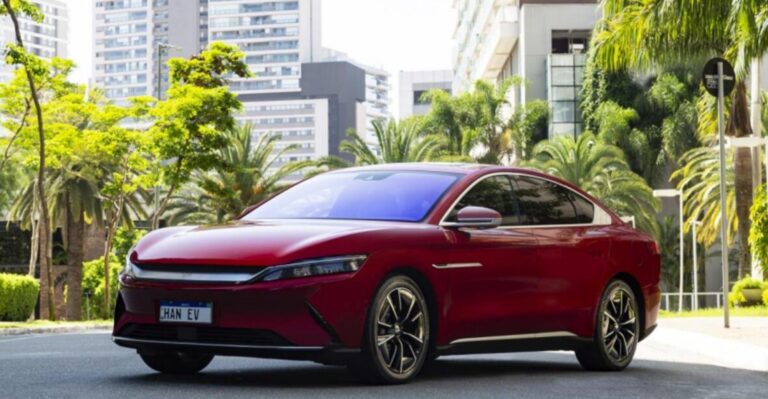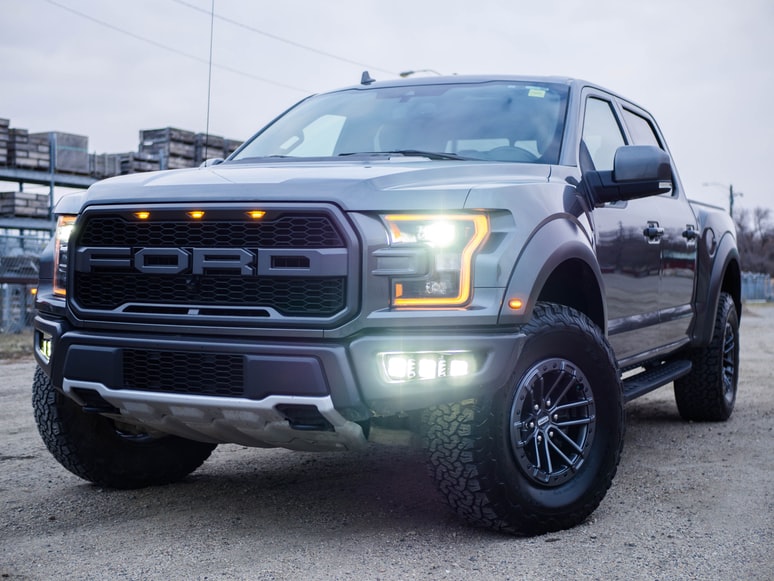China will become independent from the import of rare earths, thanks to the recycling of batteries

In August, environmental group Greenpeace revealed that China has approved more than 50 gigawatts of new coal-fired power in the first half of 2023 alone and continues to build coal plants at a record pace.
China consumes nearly half of the world's coal and is the world's largest oil importer. It is therefore somewhat ironic that China has also emerged as the undisputed world leader in the clean energy sector: China absorbed $546 billion, or almost half of the $1.1 trillion that flowed into the sector in 2022.
The electric vehicle sector in China is the most developed in the world, also because China, and Tesla, started early. Nearly 6 million electric vehicles were sold in China in 2022, accounting for more than 25% of all new vehicles, compared to 8.6% for the EU as a whole. Only Norway sells a higher percentage of electric cars than China, at 80%, although China outnumbers Norway by 43:1. Of the 850,000 electric vehicles imported by the EU last year, more than half came from China, thanks to the country's ability to churn out quality vehicles at prices the West can only dream of. For example, the MG4, the popular all-electric small car launched in the UK in 2022, is produced by China's largest car manufacturer, SAIC. In May, Allianz warned that Chinese-made electric vehicles could cost European carmakers €7 billion (£6 billion) a year in lost profits by 2030.
In light of this scenario, it is not surprising that researchers have predicted that China will lead the race to recycle electric vehicle batteries in the coming decades. Scientists at the University of Munster have predicted that China will be able to use recycling to fully meet its demand for lithium for batteries starting in 2059, at least a decade ahead of the United States and its Western allies. The researchers predicted that China will be able to meet its demand for cobalt and nickel through recycling after 2045 and 2046 respectively. To reach these conclusions, the team used data from market forecasts and current research on developments in the production and sale of batteries and the related demand for raw materials.
The demand for raw materials could also be met much earlier thanks to recycling, as a result of reducing the size of batteries, avoiding the so-called 'second life' of batteries, for example as stationary storage units for solar energy,” he said Jannis Wesselkämper, PhD student and corresponding author of the study.
China is currently home to some of the most advanced electric vehicle battery manufacturing facilities in the world. The Shenzhen-based BYD company is considered China's biggest success story in the electric vehicle industry. The company began in the mid-1990s as a smartphone maker before moving into electric vehicles, where it applies its cutting-edge battery knowledge to produce high-quality, affordable batteries. The most advanced car battery in the world is considered Blade, produced by BYD, thanks to its fastest charging times. Major electric vehicle manufacturers, including Tesla Inc. and Toyota Motors, use Blade batteries in some of their models.
BYD's great success comes from its highly integrated supply chain, which includes control of the extraction of minerals critical to battery production. BYD has developed close relationships with dozens of mining and processing companies. In April, the company struck a deal with Chile to build a $290 million lithium cathode factory in the mineral-rich South American country. UBS has predicted that Chinese-controlled mines will produce nearly a third of the global lithium supply by 2025.
The innovation has translated into mind-boggling profits for BYD: the company has forecast earnings growth of 225% for the second half of the current year, amounting to 10.5 billion yuan .
Battery recycling in the United States
The Inflation Reduction Act (IRA) provides a federal tax credit of up to $7,500 for new electric vehicles, but as long as the batteries meet new requirements aimed at strengthening the nation's supply chain.
One of these provisions requires that, by 2027, 80% of the value of critical minerals contained in electric vehicle batteries must be mined, processed or recycled in North America or in countries that have entered into a free trade agreement with the States United. Starting in 2024, electric vehicles that contain components or minerals from so-called “ foreign entities of interest ,” including China, will not be eligible for the clean vehicle credit, giving local manufacturers a strong incentive to recycle the batteries they produce. locally.
Currently, EV battery recycling facilities in the United States are mostly built in regions where EV and lithium-ion battery manufacturing sites already exist, creating an ecosystem where recycled material can easily be put back into production. EV production lines. The United States has the capacity to recycle at least 105,150 tons of battery minerals per year, enough to produce 220,300 electric car batteries per year or about a fifth of the electric vehicles sold in the country in 2023.

Thanks to our Telegram channel you can stay updated on the publication of new Economic Scenarios articles.
The article China will become independent from the import of rare earths, thanks to battery recycling comes from Economic Scenarios .
This is a machine translation of a post published on Scenari Economici at the URL https://scenarieconomici.it/la-cina-diventera-indipendente-dallimportazione-di-terre-rare-grazie-al-riciclo-delle-batterie/ on Thu, 14 Dec 2023 06:15:23 +0000.

